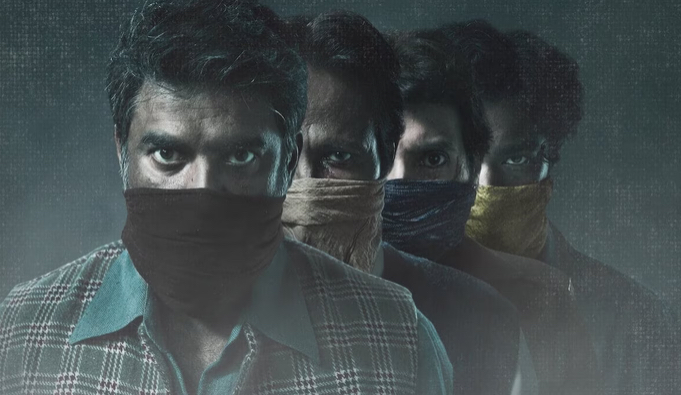The haunting legacy of industrial disasters finds a new narrative in Indian filmmaker Shiv Rawail’s latest venture, “The Railway Men,” a gripping web series now streaming on Netflix. Drawing parallels to HBO’s impactful “Chernobyl,” this four-part limited series delves into the harrowing events surrounding India’s largest industrial catastrophe—the Union Carbide factory gas leak disaster in Bhopal.
In “The Railway Men,” director Shiv Rawail intricately explores the tragic night of December 2-3, 1984, when the Union Carbide plant’s gas leak unleashed Methyl Isocyanate, claiming over 15,000 lives by conservative estimates. The series unfolds the heroic efforts of a station master, portrayed by Kay Kay Menon, and the then Railway GM Rathi Panday, played by R Madhavan, as they averted the Gorakhpur express from reaching Bhopal in time to mitigate the scale of the disaster.
Each episode, with an hour-long runtime, takes viewers deep into the heart of the Union Carbide Factory, unraveling the wrongdoings that led to the catastrophic gas leak. The narrative exposes the far-reaching consequences, including fatalities, blindness, and extensive damages caused by the tragic incident, leaving an indelible impact on the audience.

While “The Railway Men” may have moments of pacing that some viewers might find slow, its emotional intensity resonates powerfully, akin to the impact of acclaimed series like “Chernobyl.” The series unfolds with hard-hitting dialogues that linger in the mind, complemented by scenes of such cruelty—like the poignant post-mortem sequence—that evoke genuine tears.
Released just days ago, “The Railway Men” has swiftly claimed the top position on Netflix, signifying its resonance with audiences. The series provides a poignant and necessary exploration of the Bhopal Gas Tragedy, shedding light on the untold stories and unsung heroes who navigated the catastrophic fallout of one of India’s darkest industrial chapters.










